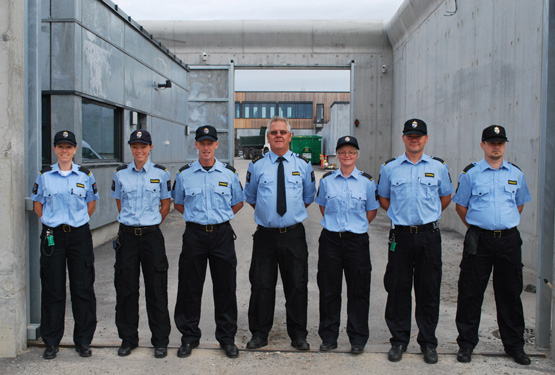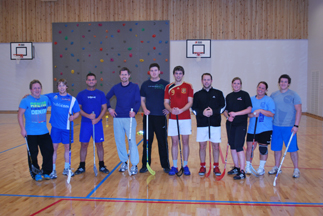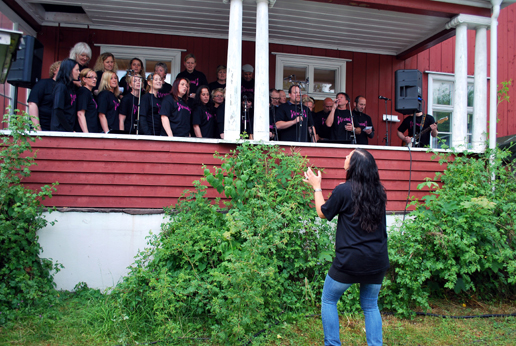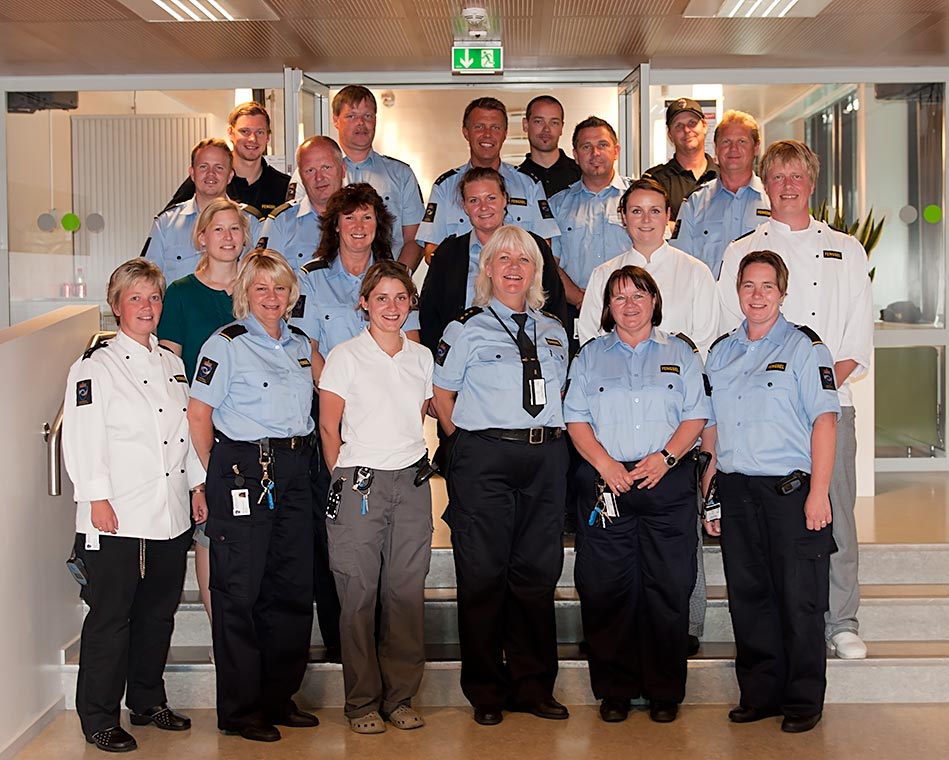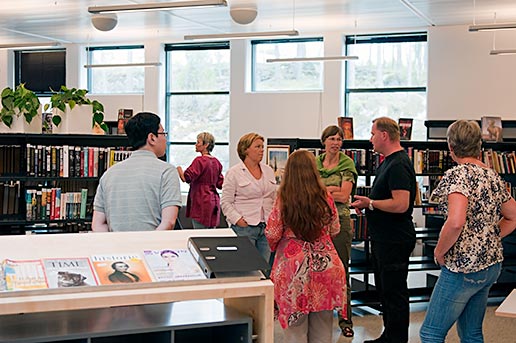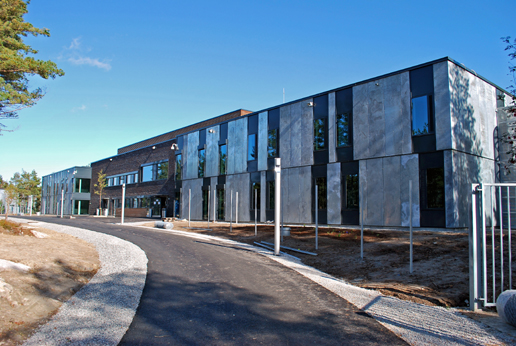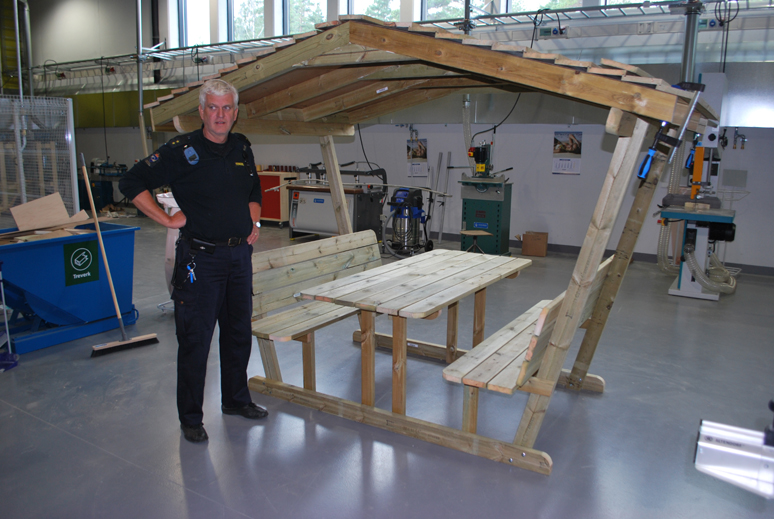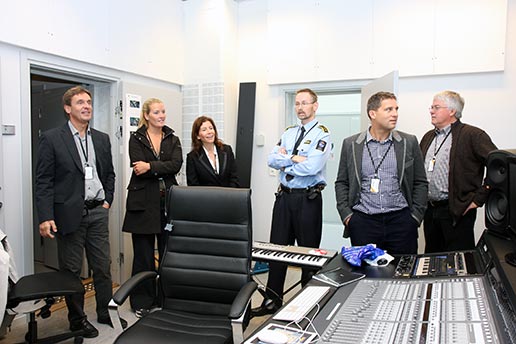The seagulls begin squawking at 6 in the morning and the cigarettes cost too much, but Lars, 41, knows there are worse places to call home. On Bastoy, an island 46 miles (74 km) south of Oslo, he and 124 other residents live in brightly colored wooden chalets, spread over one square mile of forest and gently sloping hills. Besides enjoying views of the surrounding fjord, they go horseback riding and throw barbecues, and have access to a movie theater, tanning bed and, during winter, two ski jumps. 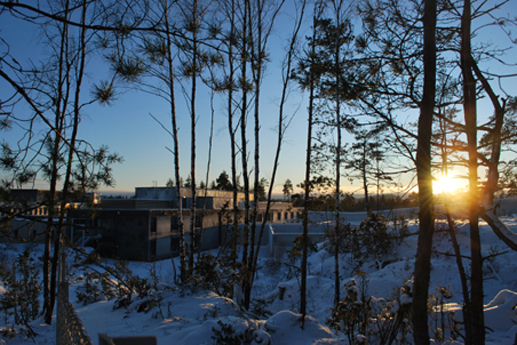 Lars’ neighbors often conceal the reasons they are there, but, as in any small community, word gets around. “I try to be as nice to the pedophiles as I am to the drug dealers,” he says. Despite all its trappings, Bastoy island isn’t an exclusive resort: it’s a prison.
Lars’ neighbors often conceal the reasons they are there, but, as in any small community, word gets around. “I try to be as nice to the pedophiles as I am to the drug dealers,” he says. Despite all its trappings, Bastoy island isn’t an exclusive resort: it’s a prison.
Arne Kvernvik Nilsen, Bastoy’s governor and a practicing psychotherapist, describes it as the world’s first human-ecological prison — a place where inmates learn to take responsibility for their actions by caring for the environment. Prisoners grow their own organic vegetables, turn their garbage into compost and tend to chickens, cows, horses and sheep. They also operate the ferry that shuttles a number of them to school and jobs on the mainland, make their own dinner (they’re allowed to use knives) and chop wood (using axes and chainsaws). Although authorities carry out routine drug tests, the prison generally emphasizes trust and self-regulation: Bastoy has no fences, the windows have no bars, and only five guards remain on the island after 3 p.m. and on weekends. “They are among the worst criminals in Norway. They are murderers, they are rapists, they are Hells Angels,” says Nilsen. “But they keep the whole society alive and running.”
باقي الصور من داخل السجن الأكثر إنسانية في العالم, سجن Halden Fengsel النرويجي, اضغط على الصورة لرؤيتها بحجم أكبر
أمن السجن
ساحة الإستراحة في السجن
قاعة رياضة في السجن
لمحبي موسيقى أيضا مكان في السجن
عناصر الأمن
المكتبة
السجن من الخارج
فيديو ( سجن 5 نجوم, سجن هالدن فينغسيل Halden Fengsel النرويجي )

